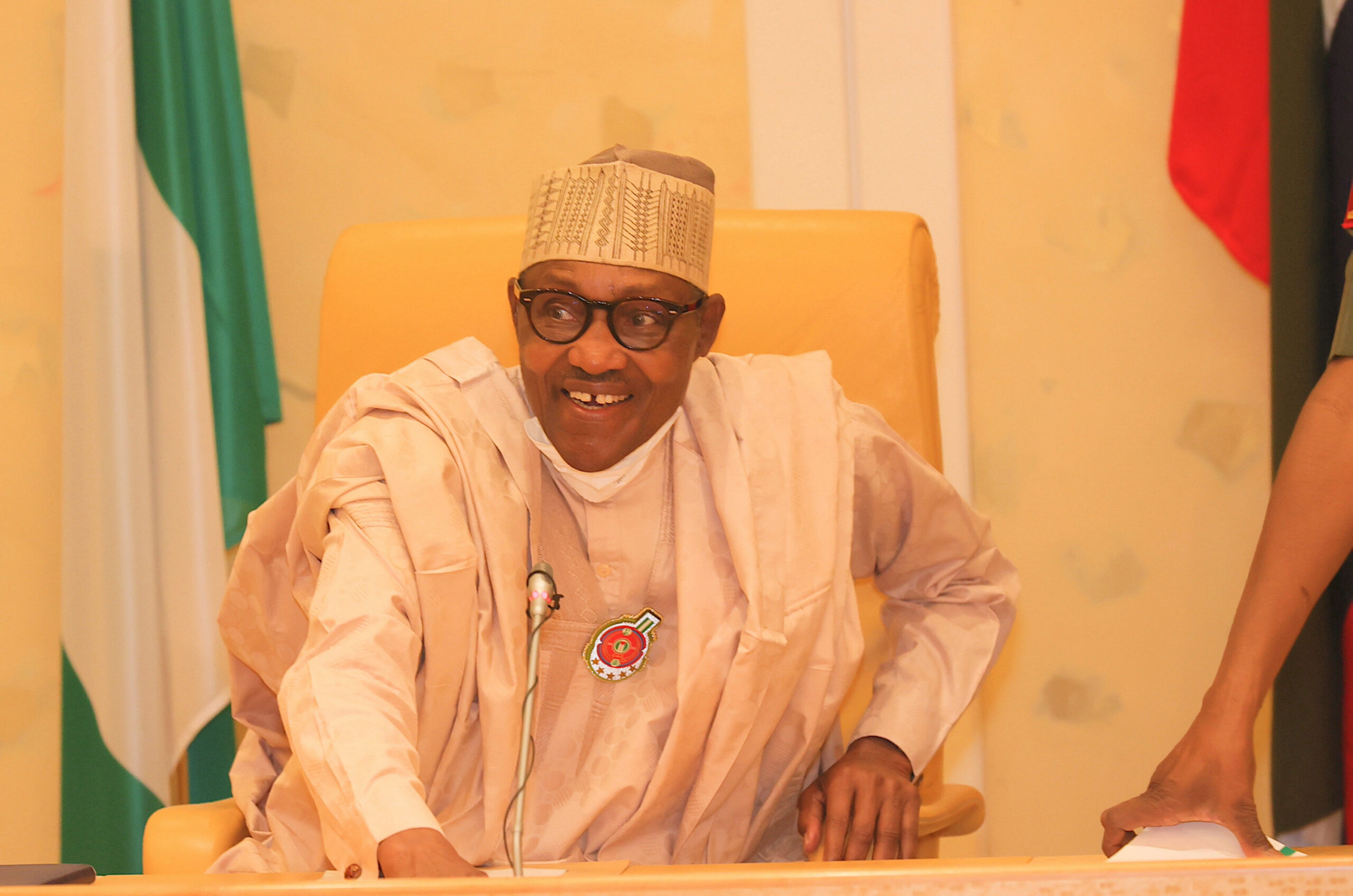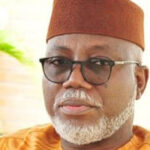By Garba Shehu
President Muhammadu Buhari marks the age of 79 on Friday 17, without the joy of being with the family and the country he governs, seeking to maximize bilateral benefits in critical areas of Nigeria’s safety, survival and economic development in a distant country, Turkey.
As president in the last six years, he has had several achievements to his credit. But there are also challenges that need to be met in the balance of 15 months before he leaves office upon the completion of his two terms.
As with all the countries around the globe, the coronavirus pandemic has thrown the biggest challenge to the Buhari administration, for the obvious reason that it kept under attack, not only the health of citizens but the economy and environment.
For a country and a continent designated for a world record of positive cases and deaths, yet turning in the lowest in terms of numbers, the explanation our people give here is to say “Thank God,” and they move on.
Nothing is wrong with thanking God for everything that happens or does not, for, without His grace, nothing can truly get done (or undone). But the Almighty uses the instrumentality of humans to get some of these things done.
These last two years, President Buhari led a government that believes in science and in our doctors that put in place an effective mechanism to check the spread of the pandemic and we are where we are today because this dedicated team has responded in the most capable manner any country could ever do.
He gave the experts the latitude of freedom and resources to lead us out of the worst-case scenarios using especially well-thought-out non-pharmaceutical protections and these, in the face of the denial of fair access to vaccines to us by those who make them, have really done us wonders.
President Buhari was handed an economy in 2015 just on the verge of a recession. It was sluggish due to internal as well as external factors, all these compounded by the fall of oil prices occasioned by global recession.
The new administration surprised itself by pulling the economy out of recession in less than two years.
Just as this was being celebrated, the COVID-19 pandemic has added to the global economic woes, and there we were, back in recession just as did everyone.
Yet again, the careful handling and management helped us out of a second recession in six months, setting an unbeaten record on how not to suffer a recession.
Inflation has maintained a downward streak and external reserves have stayed on healthy levels throughout these periods.
Exports have grown and have remained in an upward trajectory in agriculture, raw materials, solid minerals and manufactured goods, setting a clear tone that we are ready for a leading role in the African Continental Free Trade Area (AFCTA), which is the largest world free trade organization.
Agriculture growth could be attributed to bumper harvests in rice and other agricultural communities which have been aggressively promoted by the lending schemes put in place by the Central Bank of Nigeria and other commercial banks, the revival of the fertiliser industry which has seen such production plants grow from only four in 2015 to nearly 40 at the moment, employing thousands directly and indirectly and saving the country USD200 billion in import bills and more than N60 billion in government subsidies.
The APC government led by President Buhari has been challenged by the worrisome activities of bandits, now classified as terrorists and the incidents of attacks on communities especially that which pitches farmers against herders.
Both have had the combined effect of disturbing the nation’s social fabric.
The government has a two-pronged strategy in dealing with the clashes: one by addressing immediate security and then dealing with scarcity of land.
Additional police and military units have been deployed to the affected states to address the former. They have already had some noticeable successes against militia groups.
But the increased presence will also enable quicker response to distress calls to prevent attacks before they happen.
The National Livestock Transformation Plan remedies this through a phased transition from herding to ranching.
This shall allow both parties to recognise for themselves the solution, rather than having it thrust upon them.
Boko Haram which is now reduced to a shell of its former self now holds no territory and not a single militant incident has been recorded for years in the Niger Delta.
Of course, there is still more to do, but the President’s determination is to end all the conflicts to keep citizens safe.
The main reason for the defeat of the PDP in 2015 was corruption.
The present administration at the centre led by President Muhammadu Buhari has so far presented a corrupt-free image of itself.
It has also succeeded in abolishing grand corruption at the top and as attested to by the former American president, Donald Trump, when the President visited him in 2016, the government has significantly brought down the level of corruption in the whole county.
It is, however not lost on anyone that corruption is fighting back.
In this country, politics is often considered as a synonym of corruption.
The previous government came under huge criticism for scandals like that discovered in arms procurements in the office of the National Security Adviser (NSA) which transformed itself into a major source of funding of the PDP; NNPC crude oil thefts, broadband spectrum licensing scandal, oil subsidy scam and so many others but the present government has not faced any such corruption charges.
But perhaps the greatest game-changer in the war against corruption is the institution of those measures that seek to stop such incidents from happening.
These include the biggest tax revolution since independence, VAIDS, now being implemented, and which many rich citizens are made to pay outstanding taxes; the Integrated Payroll and Personnel Information System (IPPIS) that has saved the nation billions paid to ghost workers, the Treasury Single Account (TSA) and the Open Treasury Portal tell the citizens where their money is and how it is being spent.
The government’s moves on Ease of Doing Business have attracted international attention and investment and significantly improved the ranking of Nigeria as a place of doing business, in fact achieving a place in the World Bank’s top 10 reforming economies.
In the last six-and-half years, President Buhari has taken historic decisions which have changed the country, top among which was his signing into law, the Companies and Allied Matters Act (CAMA); the Climate Change law and the Petroleum Industry Act (PIA), all of which are now part of our laws.

 Join Daily Trust WhatsApp Community For Quick Access To News and Happenings Around You.
Join Daily Trust WhatsApp Community For Quick Access To News and Happenings Around You.


